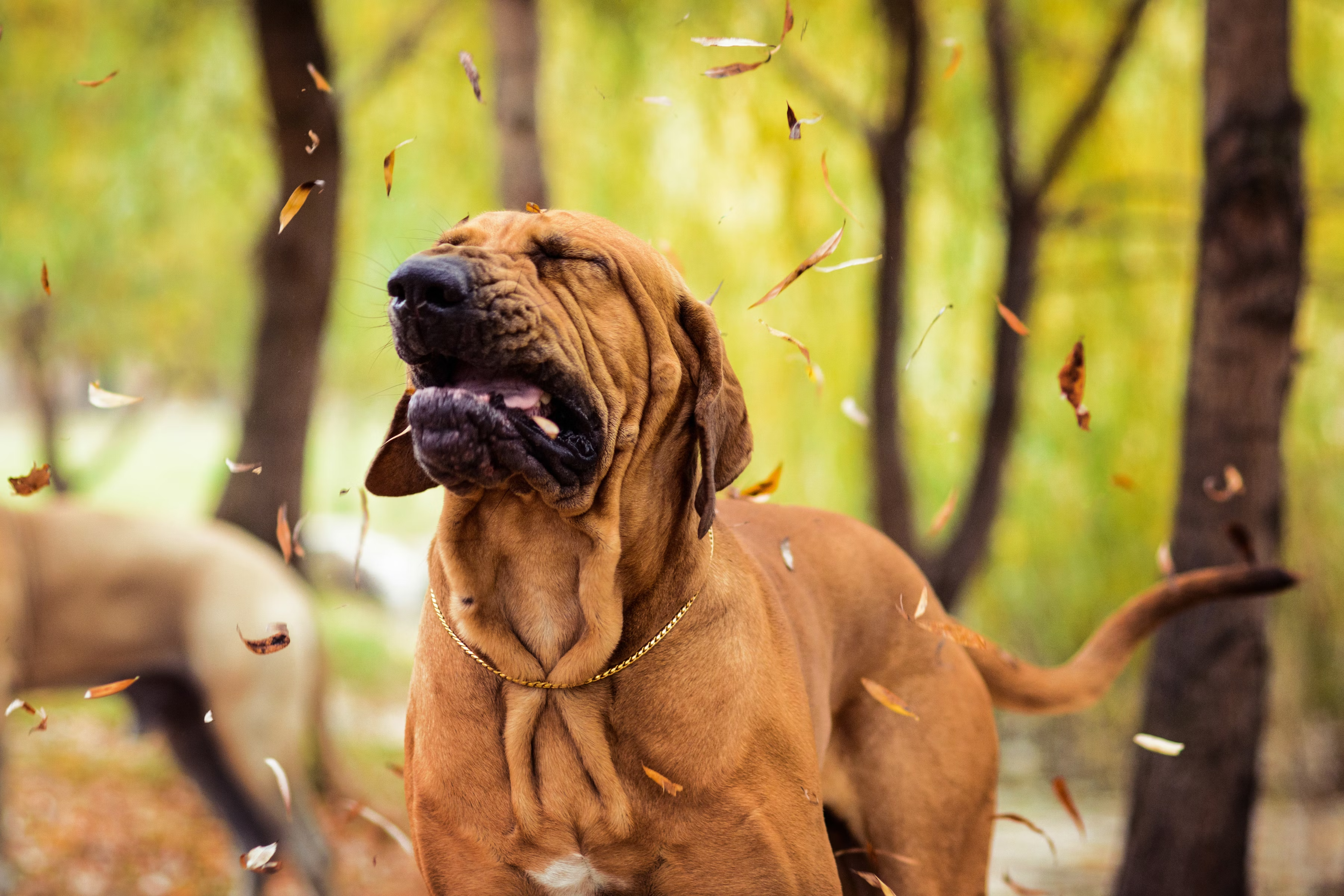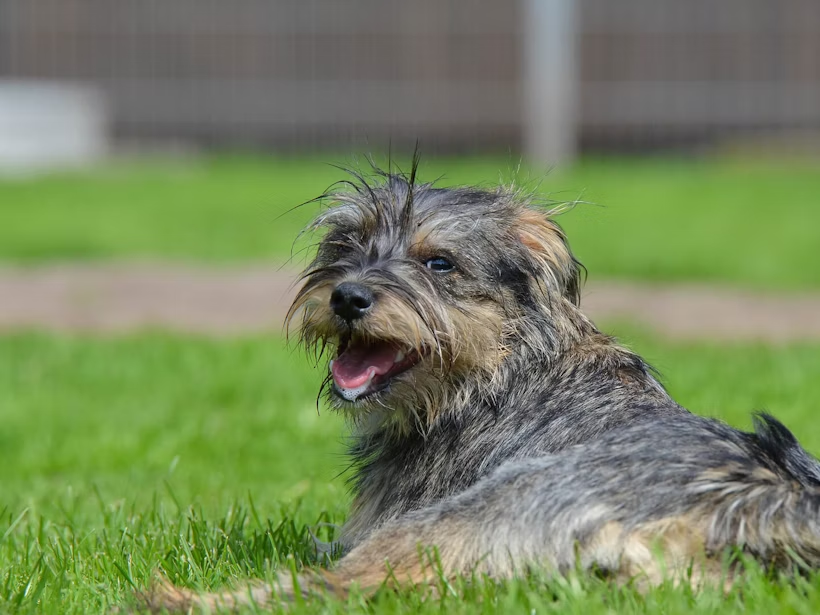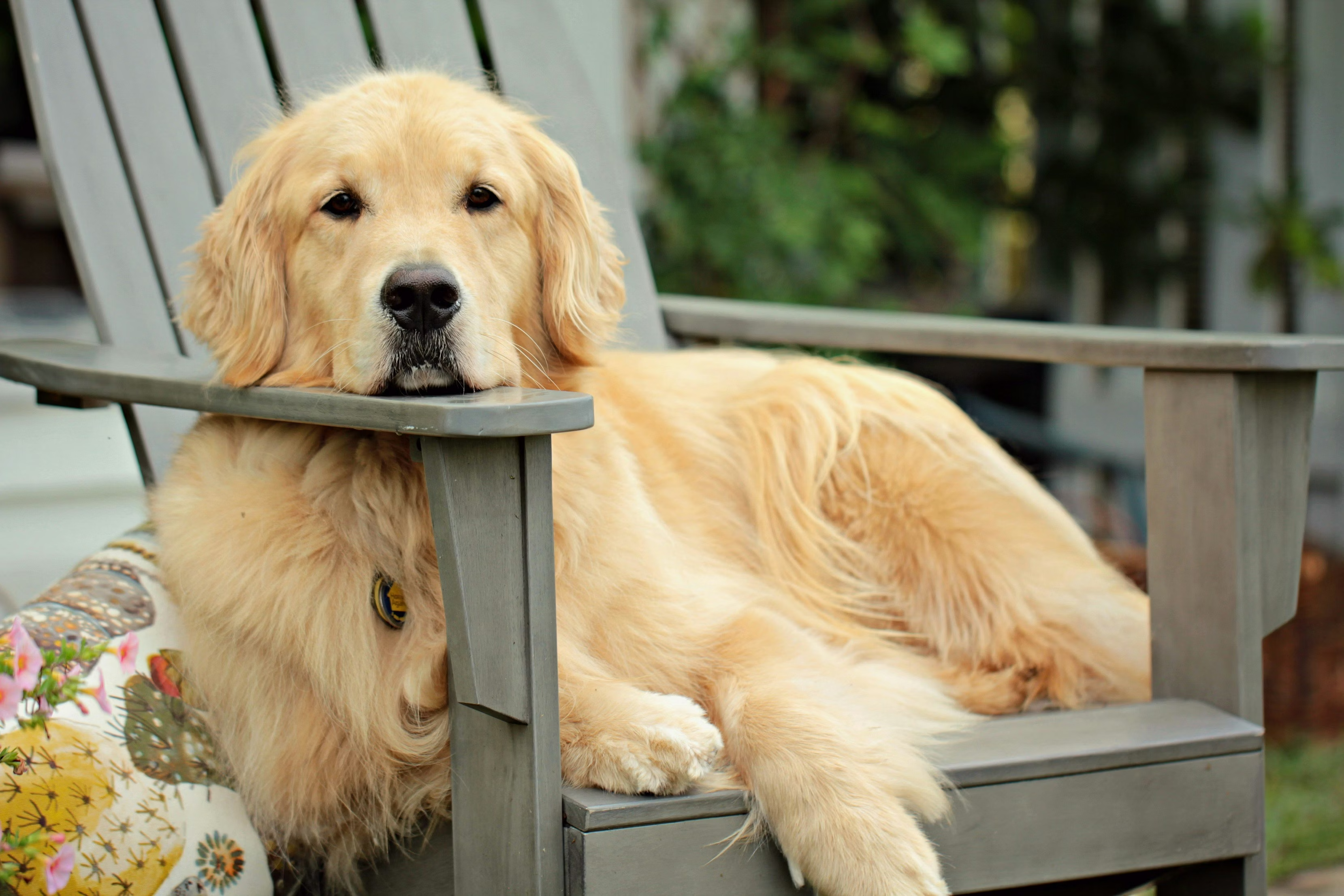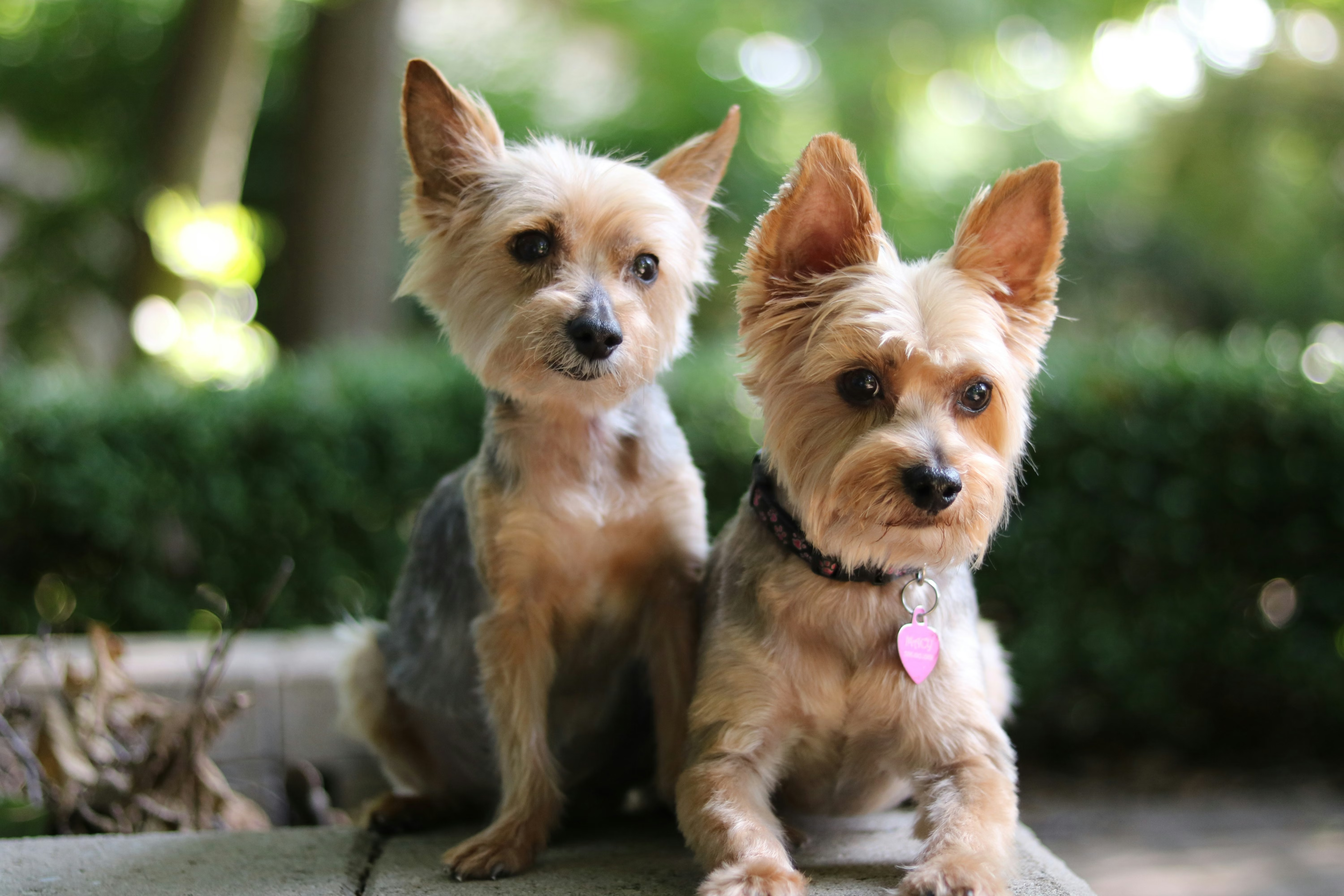From barks to growls and sighs to howls, dogs make a lot of interesting noises. Often these sounds are a form of communication. But sometimes dogs make involuntary noises that may catch pet parents by surprise. One common example that can cause concern is a honking sound. If you’ve ever witnessed your dog making a honking sound, read on for possible explanations.
Honking sounds (and other signs to watch for)
The honking noises dogs make are very distinctive compared to other everyday sounds. It may be a loud, harsh noise similar to the noises geese make. Or, it may sound like a snort or a gasp. In either instance, it can be very disconcerting to pet parents.
Along with these noises, you might notice other physical signs such as:
- Abnormal breathing
- Gagging or choking sounds
- Difficult breathing
- Anxiety or restlessness
Sometimes the honking noises are no cause for concern, while other times they could be related to a serious medical condition. Understanding why your dog is honking and gagging will help you determine the best next steps for your pup. So let’s dig into some of the most common causes.
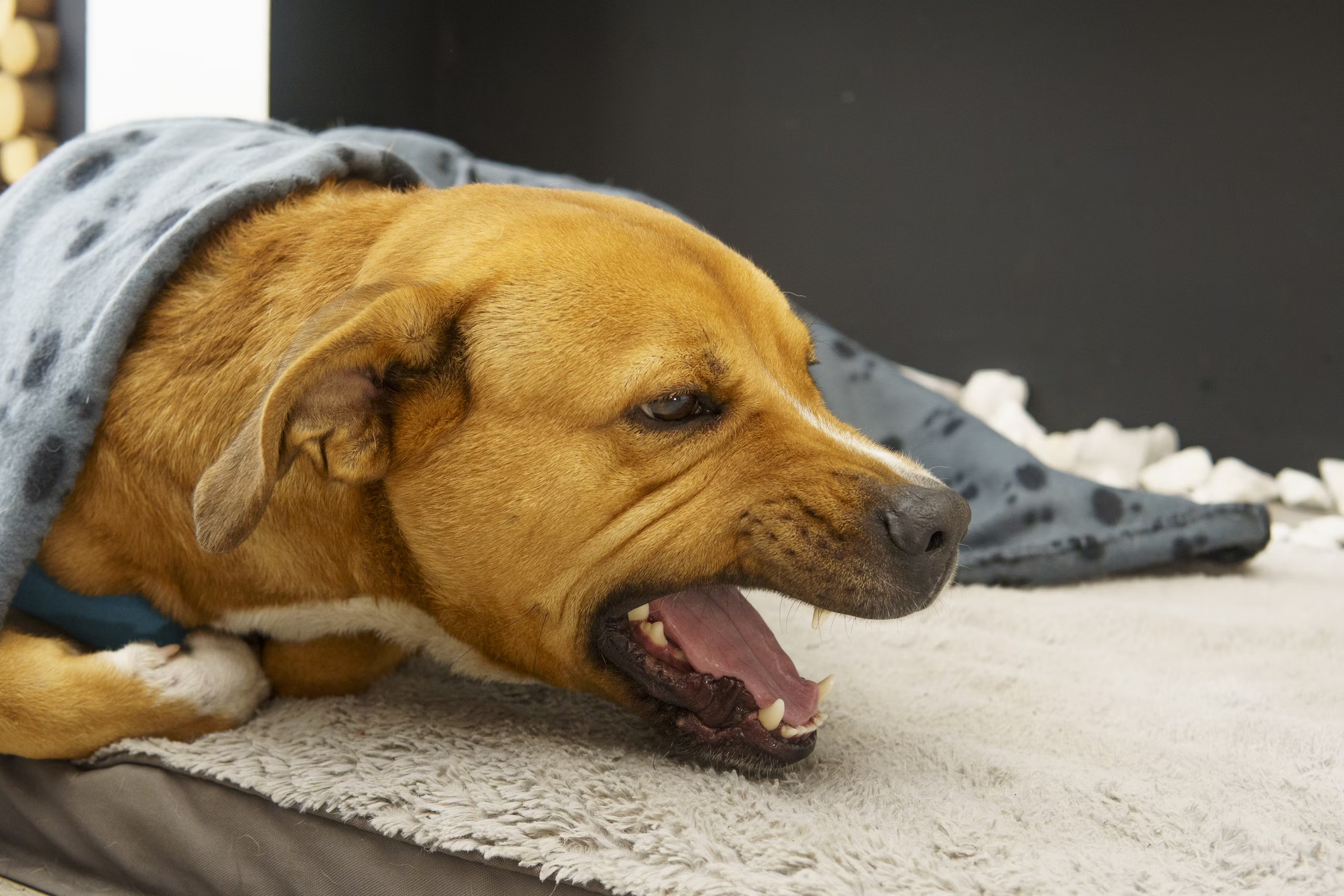
Why is my dog honking?
Reverse sneezes
Reverse sneezing in dogs is a common and usually harmless condition. It occurs when a dog’s soft palate and throat become irritated, causing a spasm. This spasm leads to rapid, repeated inhalation through the nose, producing a snorting or honking noise. During these episodes, you’ll also see dogs noticeably expand and contract their chest and stretch their neck outward. They may gag or retch after an episode.
Some of the more common causes of reverse sneezing include:
- Excitement or barking
- Pollen or other allergens
- Nasal mites
- Eating or drinking too quickly
- Inhaling strong fragrances or household chemicals
- Over-exertion
Reverse sneezing episodes are generally short but can be unnerving—especially if you’ve never heard the sound before. These spasms usually last from 30 seconds up to a minute or two, and will typically resolve on their own. Make sure there aren’t airborne irritants that could be triggering the episode. If you suspect that’s the problem, it’s best to remove your dog from that area. However, if the reverse sneezing persists, you can try to help your dog by gently massaging their throat or briefly covering their nostrils to encourage them to swallow.
Any dog can experience reverse sneezes, though reverse sneezing is most common in small breed dogs. Episodes may become more common with age.
Flat-faced (brachycephalic) breeds can also have reverse sneezing, but may have a similar-sounding loud breathing or coughing due to brachycephalic obstructive airway syndrome (BOAS) causing chronic inflammation of the airways or temporary obstruction of the airway. This is a much more serious problem, and if you are not sure if your pet is impacted, it’s best to speak with your veterinarian.
Reverse sneezing in dogs doesn’t typically require treatment. However, if episodes are frequent, consult your veterinarian to rule out allergies or other underlying issues.
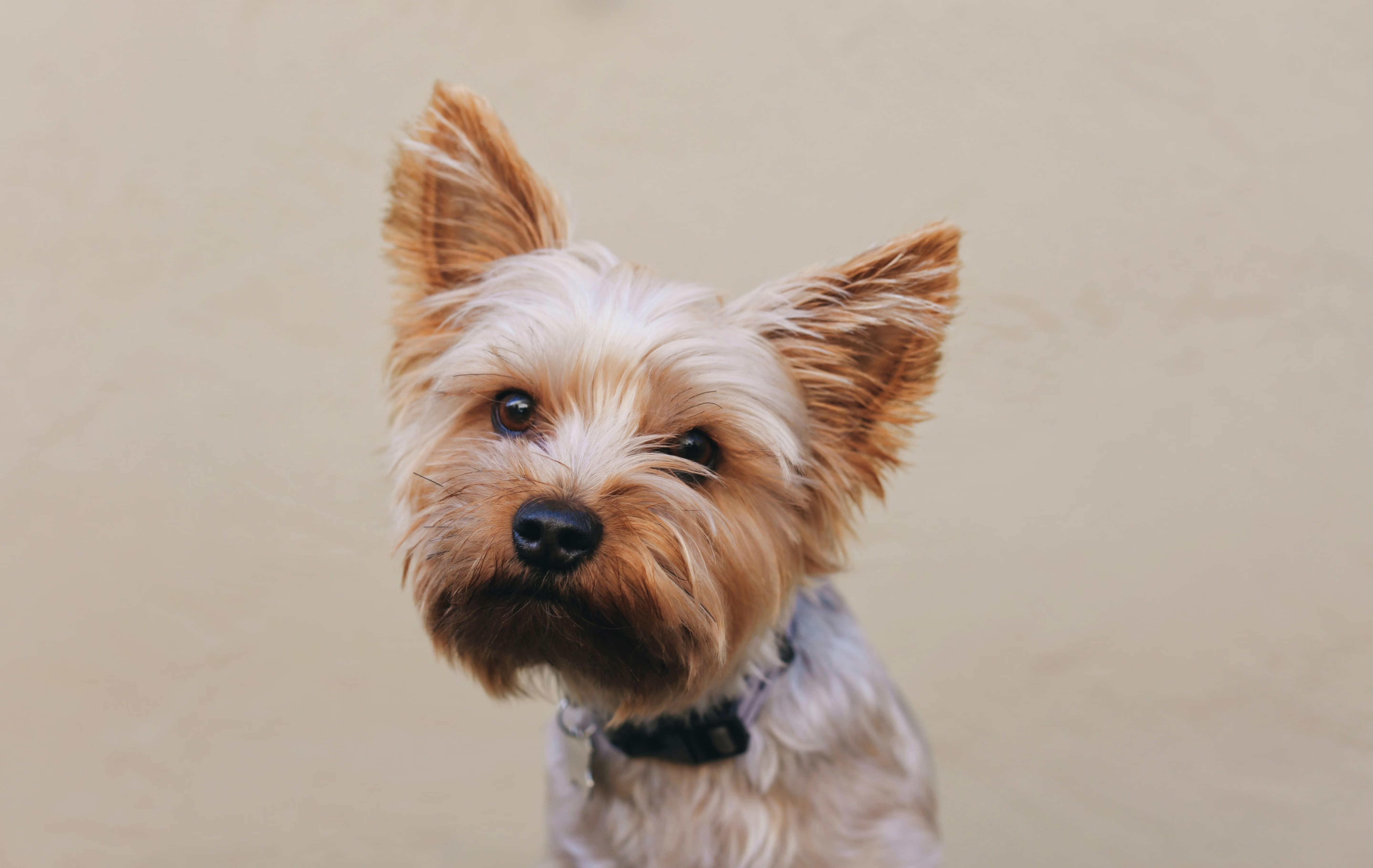
Tracheal collapse
Tracheal collapse is a more serious condition where the rings of cartilage that support the trachea, or windpipe, weaken and the trachea caves in, making breathing difficult and causing a honking sound. This partial collapse often occurs when a dog is excited, eating, or drinking.
Obesity, heart disease, and lung disease predispose to or exacerbate this condition. Pressure on the trachea from a collar or other objects, or exposure to airborne irritants like cigarette smoke, can trigger a coughing episode. Dogs with collapsing trachea are at greater risk of respiratory infections, and severe episodes of tracheal collapse can result in an inability to breathe adequately, causing the dog’s mucous membranes to turn bluish. If you notice these signs, consider it an emergency and seek immediate veterinary care.
Collapsed trachea most commonly affects overweight toy breed dogs that are middle-aged or older, though younger dogs and large breeds can also experience the condition. Tracheal collapse is most common in Yorkshire Terriers, Pomeranians, Toy and Miniature Poodles, and Chihuahuas.
Tracheal collapse is a progressive health condition that requires partnership with a veterinarian to manage. After examining your dog, your veterinarian may recommend the following:
- Using a harness instead of a collar to reduce pressure on the windpipe
- Minimizing exposure to irritants like smoke, dust, or other inhalants
- Weight loss
- Avoiding overexertion during exercise
- Medications to manage clinical signs
- Avoiding humid environments
- In severe cases, surgical intervention

Respiratory infections
Respiratory infections, such as kennel cough or canine influenza, can cause coughing, hacking, and honking sounds due to irritation and inflammation of the airways. Kennel cough is caused by a number of infectious organisms and both infections can spread easily among dogs, especially in crowded conditions like kennels or dog parks.
Respiratory infections can last from a few days to several weeks, depending on the severity of the infection and the dog’s overall health. In addition to coughing, other signs of respiratory infections include:
- Sneezing
- Runny nose or eye discharge
- Lack of energy
- Decreased appetite
- Mild fever
Because respiratory infections are so contagious, it’s important to isolate your dog from other dogs while clinical signs are present and have your dog examined by your veterinarian. During this time, make sure your pup gets plenty of rest and water. Your veterinarian may also prescribe antibiotics to protect against secondary bacterial infections.
To prevent some common types of respiratory illnesses, be sure your dog is up-to-date on recommended vaccines.
Final thoughts
While occasional honking sounds may not be cause for immediate concern, persistent or severe signs warrant a trip to the veterinarian to rule out more serious conditions. Your vet can help diagnose why your dog is coughing or honking and recommend the best course of treatment.
Additional resources:
